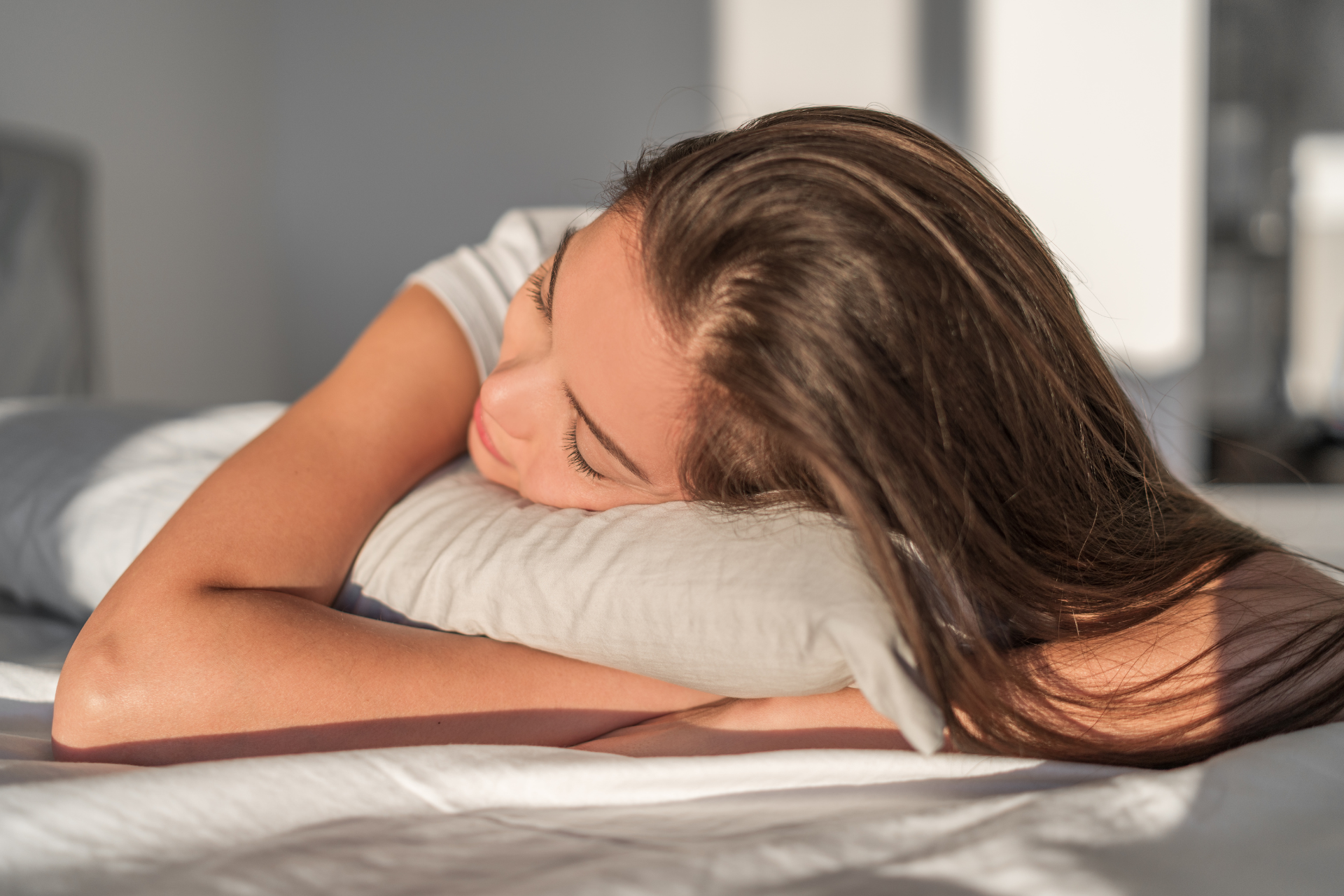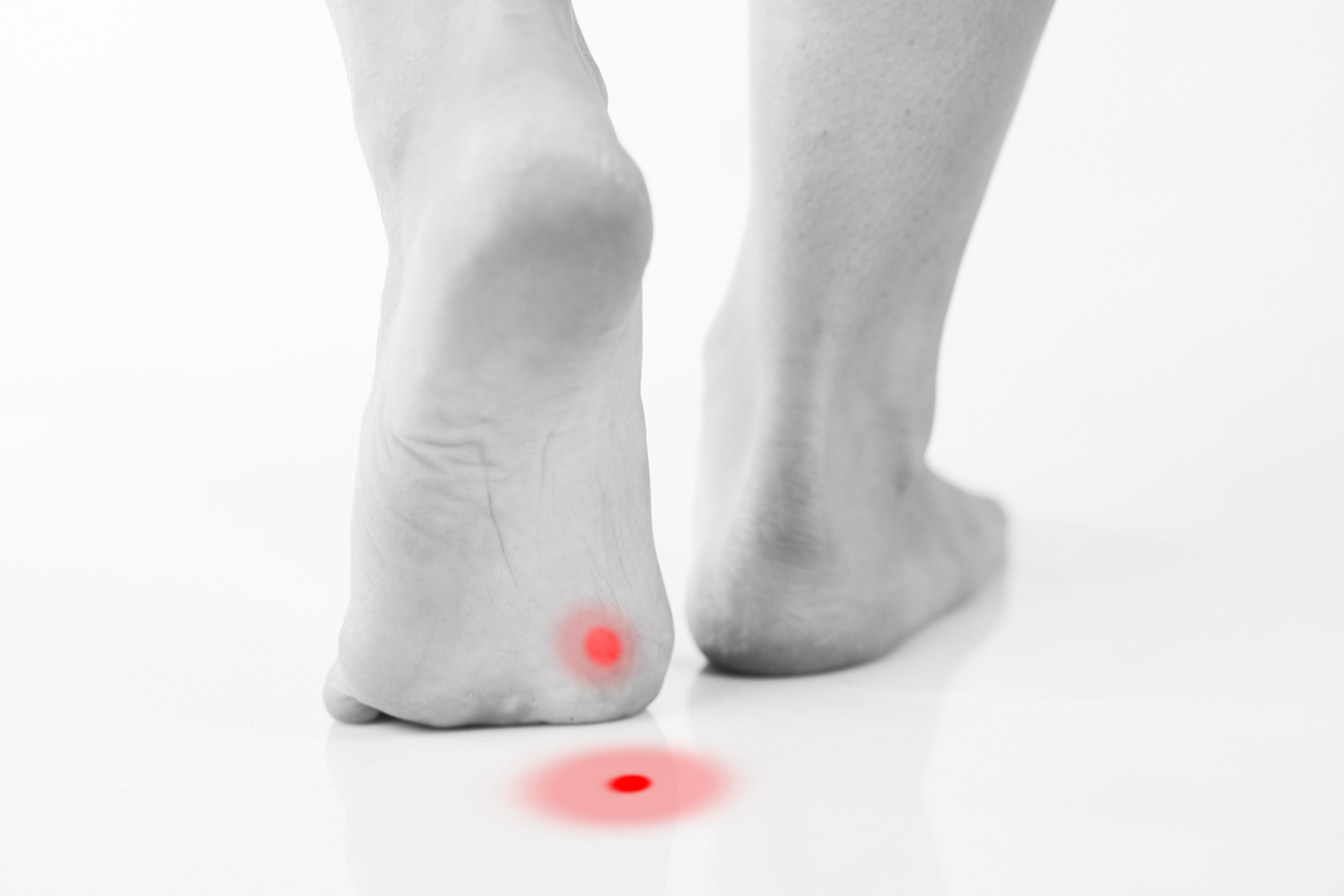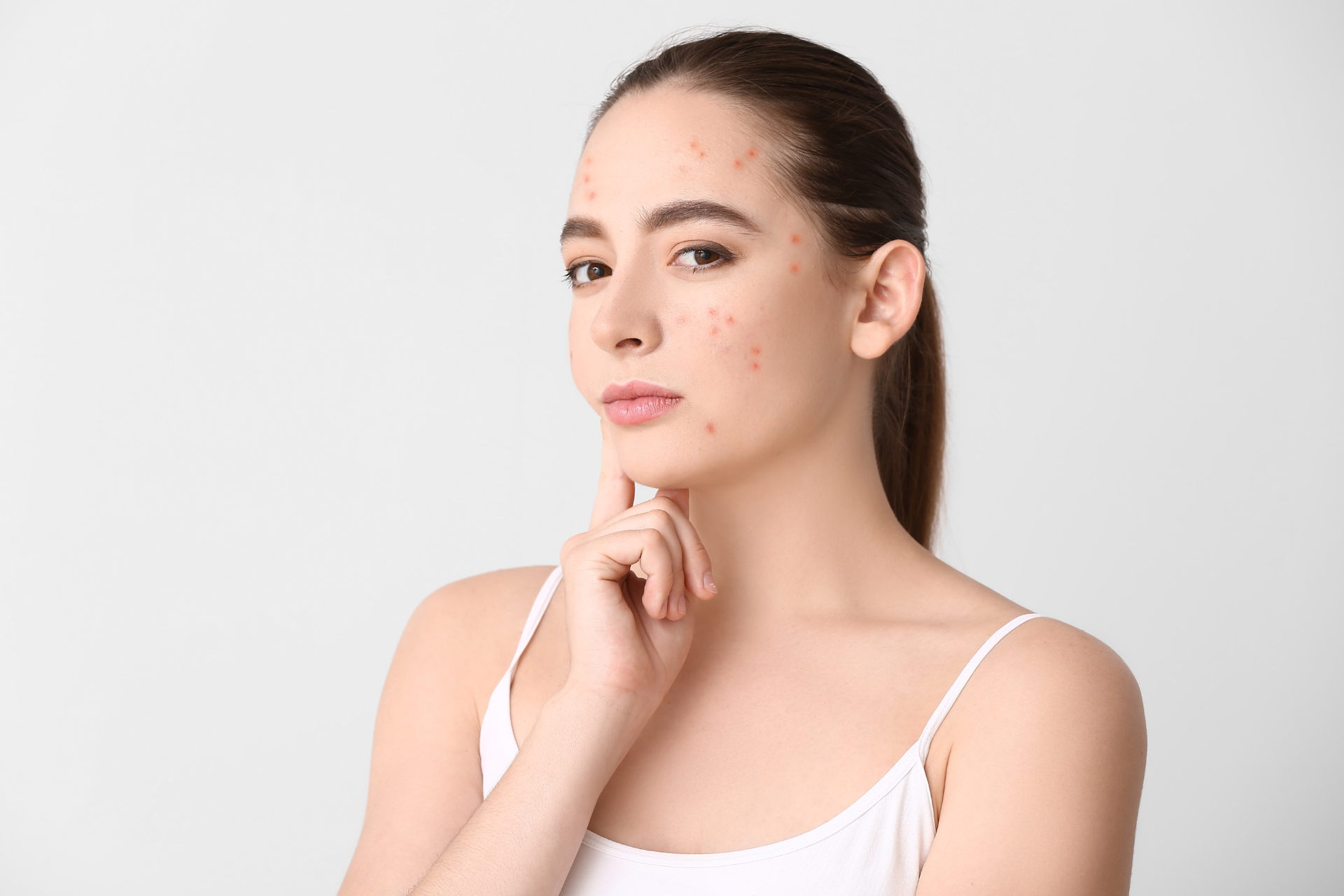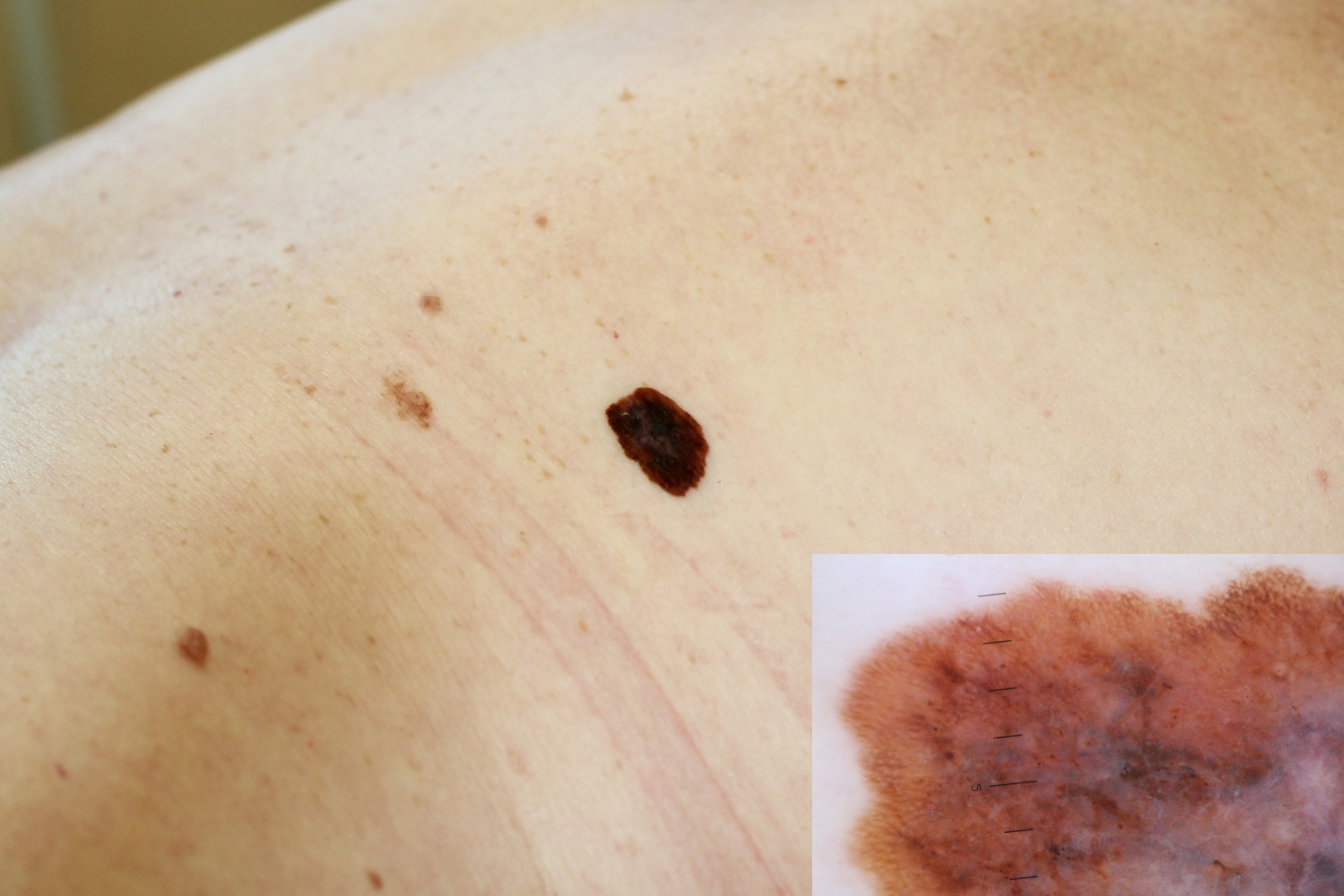Sleep Hygiene: Tips for a Good Night's Rest

At Fall Creek Skin and Health Clinic, we understand that a good night’s sleep is not just about feeling rested; it can significantly impact your skin and overall health. Poor sleep quality can exacerbate skin conditions, lead to breakouts, and negatively affect your immune system. That’s why we’re here to share important sleep hygiene tips to help you achieve restorative slumber.
1. Establish a Consistent Sleep Schedule
Consistency is key when it comes to sleep. Go to bed and wake up at the same time every day, even on weekends. This regularity helps regulate your body’s internal clock and can improve the quality of your sleep. If you find it challenging to stick to a routine, try setting an alarm for bedtime, just as you do for waking up.
2. Create a Relaxing Bedtime Routine
Establishing a calming pre-sleep routine signals to your body that it’s time to wind down. This could include activities such as reading a book, taking a warm bath, or practicing relaxation exercises like meditation or deep breathing. Avoid stimulating activities, such as checking emails or engaging in intense discussions, as they can elevate your stress levels and keep you awake.
3. Optimize Your Sleep Environment
Your sleep environment plays a crucial role in determining your sleep quality. Ensure your bedroom is conducive to rest by keeping it dark, quiet, and cool. Consider investing in blackout curtains, earplugs, or a white noise machine if necessary. Also, make sure your mattress and pillows provide adequate support and comfort to keep you from tossing and turning throughout the night.
4. Limit Screen Time Before Bed
The blue light emitted from screens—such as those from smartphones, tablets, and computers—can interfere with your body's production of melatonin, the hormone responsible for regulating sleep. Aim to avoid screens at least one hour before bedtime. Instead, engage in activities that promote relaxation and prepare your body for sleep.
5. Be Mindful of Food and Drink
What you consume before bedtime can impact your sleep quality. Avoid heavy meals, caffeine, and alcohol in the hours leading up to bedtime as they can disrupt sleep patterns and prevent you from achieving deep sleep. Instead, opt for a light snack if you're hungry. Foods rich in magnesium—like almonds or banana—can promote relaxation and better sleep.
6. Exercise Regularly
Incorporating physical activity into your daily routine can promote better sleep. Aim for at least 30 minutes of moderate exercise most days of the week. However, try to avoid vigorous workouts right before bedtime, as they might energize you and keep you awake longer than preferable.
7. Manage Stress and Anxiety
Finally, managing stress and anxiety is crucial for achieving quality sleep. Techniques like mindfulness, yoga, or journaling can help alleviate nighttime worries. If mental health issues persist, consider discussing them with a healthcare professional.
Conclusion
Prioritizing good sleep hygiene is an essential step towards enhancing not only your health but also the health of your skin. At Fall Creek Skin and Health Clinic, we are committed to both your general and dermatological well-being. By implementing these sleep hygiene tips, you can pave the way for better sleep, healthier skin, and an overall improved quality of life. Remember, a restful night is just a few good habits away!




